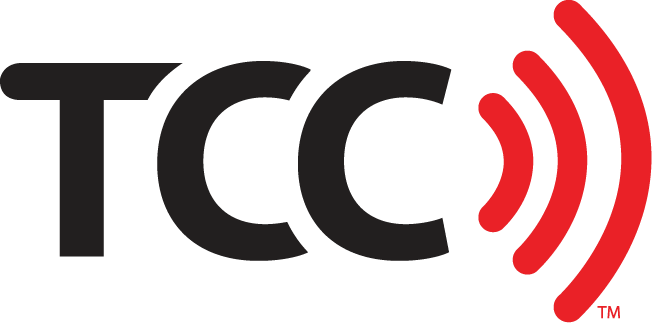Have you heard about phishing? It’s a social engineering scam where attackers deceive people into revealing sensitive information. They do this through sending emails or text messages pretending to be from reputable companies and asking the victim questions about their personal information, like their passwords, bank account info, or credit card numbers.
Examples of Common Phishing Scams
- Saying they noticed suspicious login attempts
- Asking to confirm your login information
- Saying there is a problem with your payment information
- Asking to confirm your payment information
- Including an invoice from a company you don’t recognize
All these tactics involve the use of a fake email address and a fake website, disguised to look legitimate so you will be tricked into putting in your personal information. You may have already been a target of a phishing attack, and these scams are getting more and more common. With a few quick tips, you’ll be ready to sniff out the scammers and identify fake messages, so your personal information stays protected.
How to Identify a Phishing Message
- Urgency: Messages claiming your account is locked or your payment is overdue. These try to grab your attention, so you’ll click the links and put in your information ASAP without having time to logically think it through.
- Generic greetings: Starting a message without your name and instead using vague openers like “Hello There,” “Hello Dear,” “Dear User,” “Dear Customer” etc.
- Suspicious attachments: If you’re ever unsure about a message, do not open any attachments. These attachments could be malicious and infect your computer.
- Asking for personal information: Legitimate companies typically do not ask for you to share sensitive information via email. This is usually done directly on their website.
- Poorly written: A scam email often contains spelling or grammar mistakes, or it sounds like it was written by a robot.
- Check the sender: Always check the email address from the sender. Phishing emails do not come from the official company email address. Also, be wary if an email comes from a company you know you have not done business with – it’s most likely a scam!
- Too good to be true: If you receive an email saying you won a prize and you haven’t entered a contest recently, it’s a scam! They just want your personal information.
- Tax and government emails: Government agencies, like the IRS, will never email you out of the blue and ask for personal information, payment verification, or to try and send a refund. These are scammers!!!
Keep This Rule in Mind
If you’re ever unsure about a text or email you received from a company, do not engage or click any of the links. Instead, look up the company online to get their official phone number, give them a call and ask! This way, you are certain you are talking to someone at the company instead of a scammer.
Remember, always exercise caution when checking your emails and text messages. Plus, Verizon has your back. The free Call Filter app automatically blocks incoming spam calls to help you answer the phone with confidence. The Digital Secure app also gives you an extra layer of safety when you browse websites.
Shop with confidence at TCC, your local Verizon retailer.


